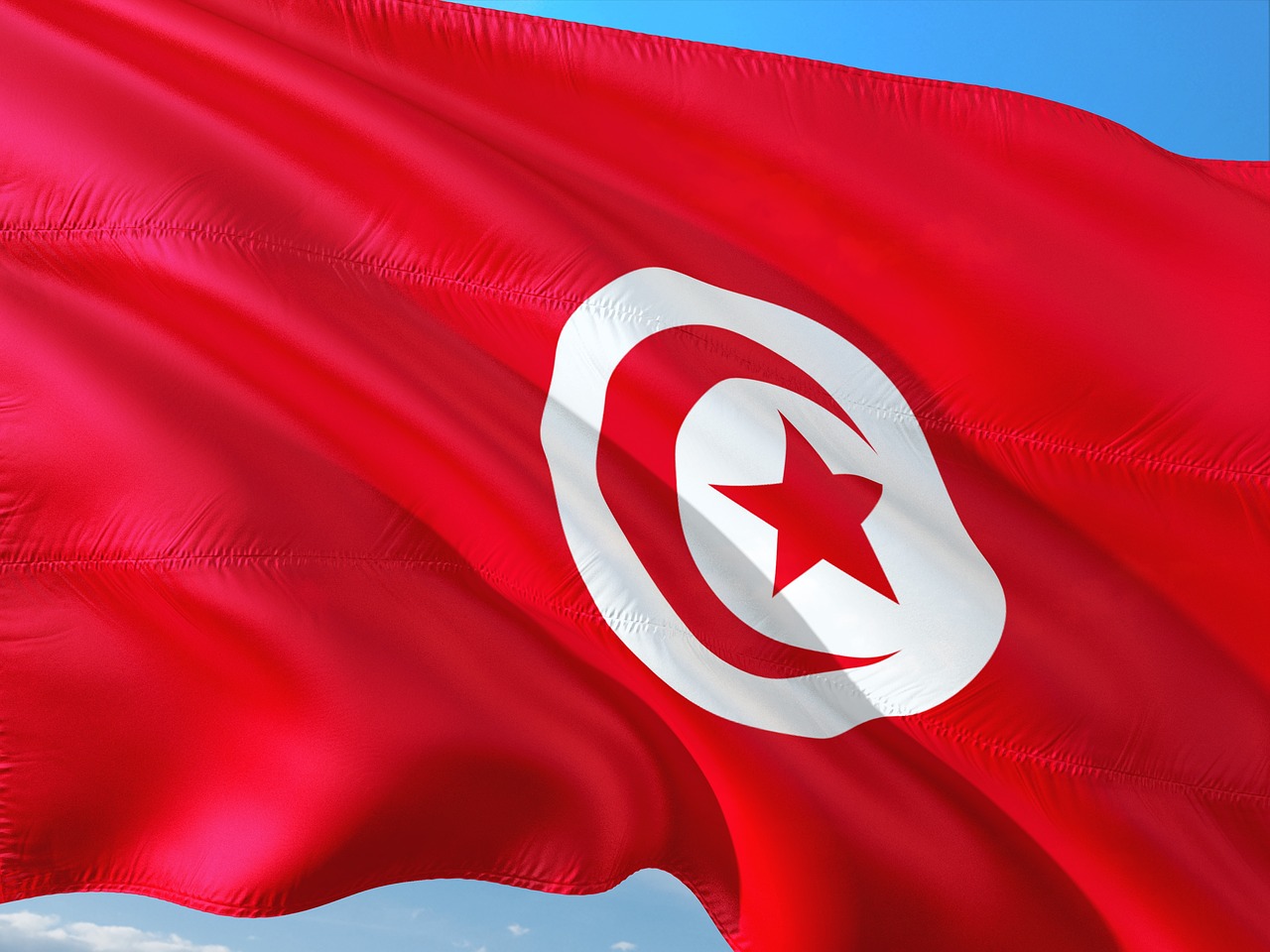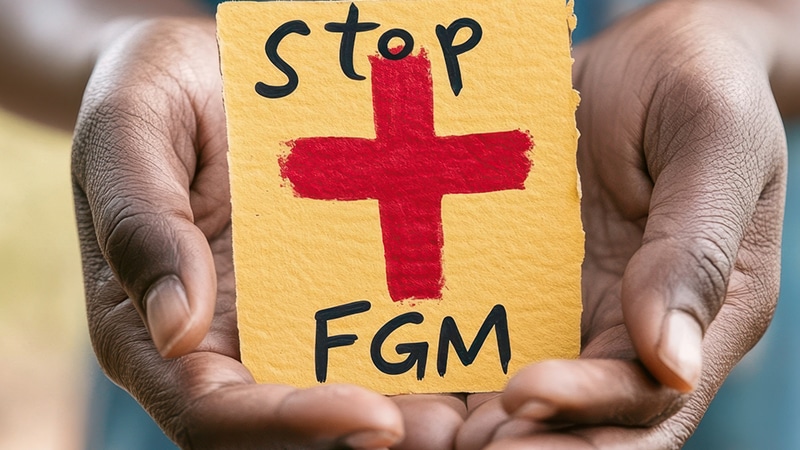Rights groups accuse Tunisia of prioritizing EU migration funding over humanitarian concerns – Jurist.org

Report on Human Rights Violations Against Migrants in Tunisia and Implications for Sustainable Development Goals
1.0 Executive Summary
This report details allegations of severe human rights abuses against sub-Saharan migrants and refugees by Tunisian authorities. These actions, reportedly intensified through European Union (EU) funding for border control, represent a significant regression in the pursuit of several Sustainable Development Goals (SDGs), particularly SDG 10 (Reduced Inequalities), SDG 16 (Peace, Justice and Strong Institutions), and SDG 17 (Partnerships for the Goals). The findings indicate a systematic erosion of legal protections and a rise in discriminatory violence, undermining the principles of inclusive and just societies.
2.0 Violations of SDG 16: Peace, Justice and Strong Institutions
The actions of Tunisian authorities demonstrate a failure to uphold Target 16.3, which aims to promote the rule of law and ensure equal access to justice for all. Reports from Amnesty International and other civil society organizations document a pattern of abuse that weakens institutional integrity.
- Arbitrary Actions by Security Forces: Tunisian police have been accused of carrying out mass expulsions to desert regions, arbitrary arrests, and widespread physical assaults against Black migrants and refugees.
- Erosion of Legal Protections: Proposed amendments to Law 68-7 on the status of foreigners threaten to further criminalize migration by increasing prison sentences and fines for undocumented entry. This legislative direction moves away from justice and inclusion.
- Lack of Accountability: Security forces have allegedly failed to intervene in or have directly participated in assaults against migrants, indicating a breakdown in institutional accountability and a violation of the state’s duty to protect all individuals within its borders.
3.0 Regression on SDG 10: Reduced Inequalities
The situation in Tunisia highlights a severe contravention of SDG 10, which calls for the reduction of inequality within and among countries and aims to facilitate orderly, safe, and responsible migration (Target 10.7).
3.1 State-Endorsed Discrimination
Official rhetoric has fueled xenophobia and racial discrimination, directly opposing the goal of social and political inclusion (Target 10.2).
- Incendiary Remarks: In February 2023, President Kais Saied’s remarks alleging a plot to alter Tunisia’s demographic composition incited a wave of racist attacks and forced displacements.
- Normalization of Anti-Black Rhetoric: The President’s comments contributed to a broader campaign that has normalized anti-Black sentiment and violence.
- Public Hostility: Anti-migrant sentiment culminated in protests in May 2024, where residents called for the expulsion of sub-Saharan Africans, demonstrating a deep social fracture fueled by discrimination.
4.0 Complications in SDG 17: Partnerships for the Goals
The partnership between the EU and Tunisia, intended to manage migration, has been criticized for enabling human rights abuses, thereby undermining the principle of coherent and mutually supportive development partnerships.
- EU Funding and Complicity: A €105 million Memorandum of Understanding signed in 2023 provides funding for Tunisia’s border operations. Amnesty International warns that this makes European governments complicit in the resulting human rights violations.
- Prioritizing Deterrence Over Human Rights: Civil society groups, such as the Tunisian Forum for Economic and Social Rights (FTDES), argue that the agreement prioritizes curbing irregular migration over humanitarian protections, representing a “dangerous expansion of failed migration policies.”
- Misaligned Partnership Goals: The current framework illustrates a partnership that actively works against the achievement of SDG 10 and SDG 16 by funding operations that result in violence, inequality, and injustice.
5.0 Recommendations for Alignment with SDGs
To realign with international human rights obligations and the Sustainable Development Goals, the following actions are recommended:
- For Tunisian Authorities:
- Immediately cease collective expulsions and ensure access to fair asylum procedures, in line with SDG 16.
- Conduct impartial investigations into all acts of violence and discrimination by security forces.
- Repeal or amend laws that criminalize migrants and refugees, promoting policies of inclusion as per SDG 10.
- For the European Union:
- Suspend funding for border operations that enable or facilitate human rights violations against migrants and refugees.
- Re-evaluate the Memorandum of Understanding to ensure that any partnership for migration management (SDG 17) is conditional on the protection of human rights and is fully aligned with SDG 10 and SDG 16.
Analysis of Sustainable Development Goals in the Article
1. Which SDGs are addressed or connected to the issues highlighted in the article?
- SDG 10: Reduced Inequalities: The article directly addresses inequality by focusing on the discrimination, abuse, and marginalization of a specific group—sub-Saharan migrants and refugees in Tunisia. It highlights how their rights are violated based on their origin and race, fueled by “anti-Black rhetoric” and “racist attacks,” which is a core concern of SDG 10.
- SDG 16: Peace, Justice and Strong Institutions: This goal is central to the article’s themes of violence, injustice, and the failure of state institutions to protect vulnerable populations. The text describes “violent policing,” “widespread assaults,” “arbitrary arrests,” and the erosion of “legal protections,” all of which point to a breakdown in peace, justice, and the rule of law for migrants.
2. What specific targets under those SDGs can be identified based on the article’s content?
-
SDG 10: Reduced Inequalities
- Target 10.2: “By 2030, empower and promote the social, economic and political inclusion of all, irrespective of age, sex, disability, race, ethnicity, origin, religion or economic or other status.” The article demonstrates a failure to meet this target by describing how sub-Saharan migrants are systematically excluded and targeted. President Kais Saied’s remarks about a plot to “change Tunisia’s demographic composition” and the subsequent “wave of racist attacks” exemplify the promotion of exclusion rather than inclusion.
- Target 10.3: “Ensure equal opportunity and reduce inequalities of outcome, including by eliminating discriminatory laws, policies and practices…” This target is relevant as the article points to existing “discriminatory laws” and proposed amendments to “Law 68-7 on the status of foreigners that would increase prison sentences and fines for undocumented entry,” which would institutionalize and deepen inequality.
- Target 10.7: “Facilitate orderly, safe, regular and responsible migration and mobility of people, including through the implementation of planned and well-managed migration policies.” The article highlights a direct contradiction to this target, describing Tunisia’s policies as leading to “mass expulsions to desert areas,” “arbitrary arrests,” and a general disregard for “humanitarian protections,” which represents a failed and unsafe migration policy.
-
SDG 16: Peace, Justice and Strong Institutions
- Target 16.1: “Significantly reduce all forms of violence and related death rates everywhere.” The article provides numerous examples of violence, including “violent policing,” “widespread assaults on Black migrants and refugees,” and a “wave of racist attacks,” indicating that violence against this group is rampant rather than being reduced.
- Target 16.3: “Promote the rule of law at the national and international levels and ensure equal access to justice for all.” The article shows how the rule of law and access to justice are denied to migrants. This is evidenced by the “eroded legal protections,” the failure of police to intervene in assaults, and the call from Amnesty International to “ensure access to asylum procedures,” which implies such access is currently unavailable.
3. Are there any indicators mentioned or implied in the article that can be used to measure progress towards the identified targets?
-
Indicators for SDG 10 Targets
- Incidents of discrimination and violence: The article’s references to a “wave of racist attacks,” “anti-Black rhetoric,” and “xenophobic violence” serve as qualitative indicators of rising inequality and social exclusion (Targets 10.2, 10.3).
- Discriminatory legal frameworks: The proposed amendments to “Law 68-7 on the status of foreigners” to increase penalties for undocumented entry is a specific, measurable indicator of discriminatory policies that institutionalize inequality (Target 10.3).
- Migration management policies: The “€105 million Memorandum of Understanding” with the EU, aimed at curbing migration, and the resulting “mass expulsions” and “arbitrary arrests” are indicators of whether migration policies are safe and well-managed or punitive and dangerous (Target 10.7).
-
Indicators for SDG 16 Targets
- Number of violent acts against migrants: The mention of “widespread assaults” and “violent policing” implies that the frequency of such events could be tracked as an indicator of violence (Target 16.1).
- Number of collective expulsions: The article’s focus on “mass expulsions to desert areas” suggests that the number and scale of these operations are a key indicator of state-led violations (Target 16.1).
- Access to legal and asylum systems: The call to “ensure access to asylum procedures” and to “investigate violence by security forces” implies that the number of asylum applications processed and the number of investigations launched would be critical indicators for measuring access to justice and the rule of law (Target 16.3).
4. Table of SDGs, Targets, and Indicators
| SDGs | Targets | Indicators Identified in the Article |
|---|---|---|
| SDG 10: Reduced Inequalities | 10.2: Promote social, economic, and political inclusion of all, irrespective of origin or other status. |
|
| SDG 10: Reduced Inequalities | 10.3: Ensure equal opportunity and eliminate discriminatory laws, policies, and practices. |
|
| SDG 10: Reduced Inequalities | 10.7: Facilitate orderly, safe, regular, and responsible migration. |
|
| SDG 16: Peace, Justice and Strong Institutions | 16.1: Significantly reduce all forms of violence. |
|
| SDG 16: Peace, Justice and Strong Institutions | 16.3: Promote the rule of law and ensure equal access to justice. |
|
Source: jurist.org
What is Your Reaction?
 Like
0
Like
0
 Dislike
0
Dislike
0
 Love
0
Love
0
 Funny
0
Funny
0
 Angry
0
Angry
0
 Sad
0
Sad
0
 Wow
0
Wow
0













































































